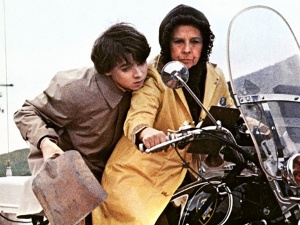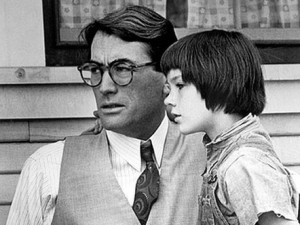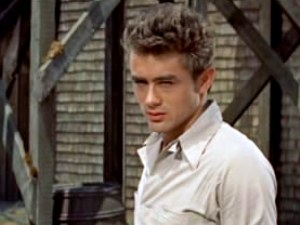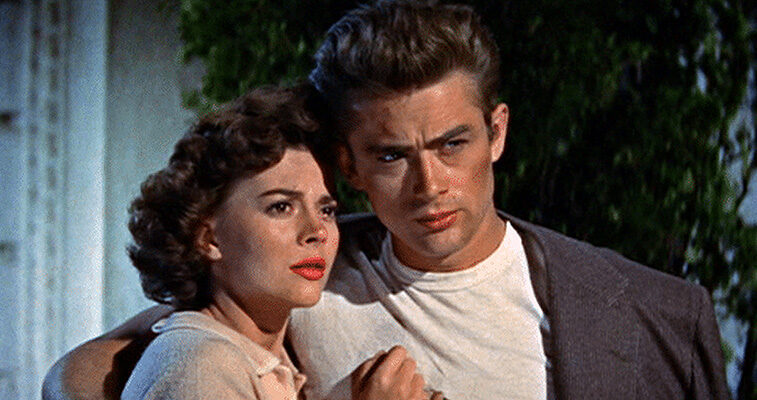Deep End (1970)
To Kill a Mockingbird (1962)
[10]
Harper Lee’s Pulitzer Prize-winning novel is lovingly adapted to film by director Robert Mulligan, screenwriter Horton Foote, and producer Alan J. Pakula. Gregory Peck earned the Best Actor Oscar for his portrayal of Atticus Finch, a lawyer of uncompromising morals who puts the safety of his family on the line to defend Tom Robinson (Brock Peters), a black man accused of raping a white woman. Finch is also a widower, raising his two young children with the help of his maid Calpurnia (Estelle Evans). The narrative is made a coming-of-age story through the eyes of Finch’s youngest, the feisty Jean Louise — or Scout (Mary Badham) as she’s nicknamed. Scout’s perspective on racism is balanced with her own fear and ignorance surrounding a neighbor named Boo Radley (Robert Duvall), who turns out to be her salvation when she and her brother are attacked by a bigot seeking revenge on their father.
East of Eden (1955)
[10]
James Dean received the first posthumous acting nomination from the Academy Awards for his performance as the troubled Cal in East of Eden, his first major film role. (He would die tragically just a few months after the film was released.) It’s a riveting performance, one of the most vulnerable and moving I’ve ever seen. The film, directed with style and elegance by Elia Kazan, is based on the last quarter of John Steinbeck’s sprawling novel. Steinbeck believed the power of storytelling was in its ability to remind us of our own humanity, and when I learned that, it helped me understand why I’ve loved this movie for so long.





